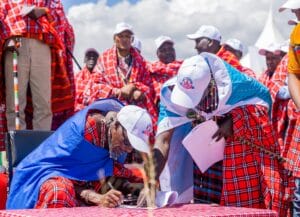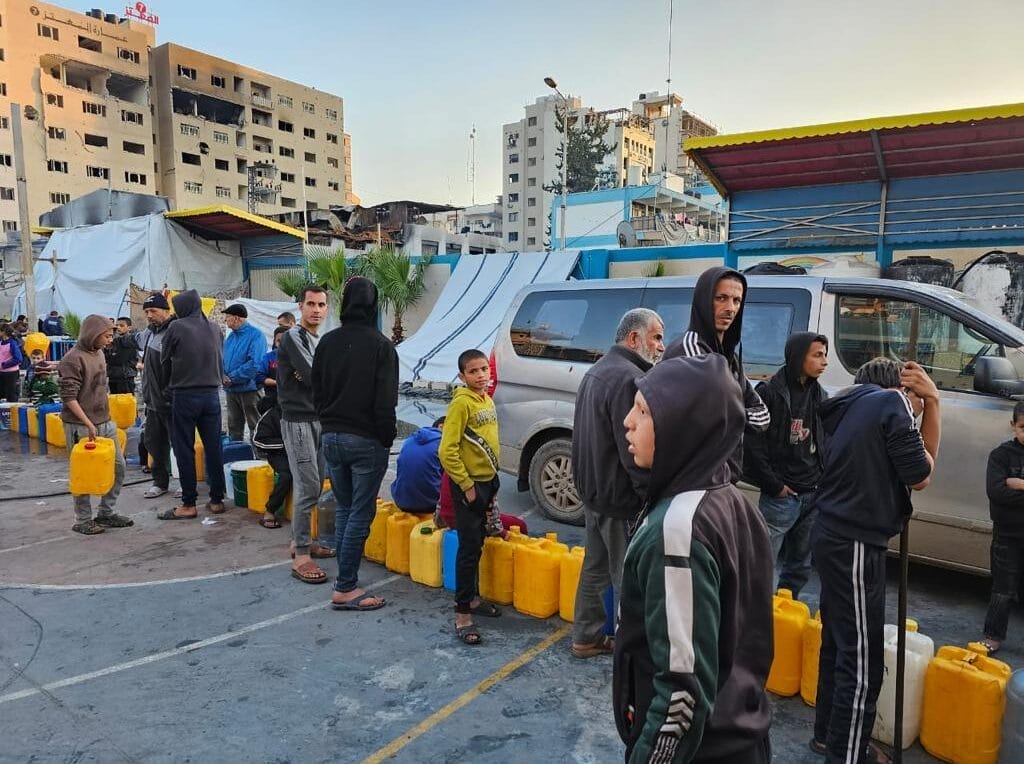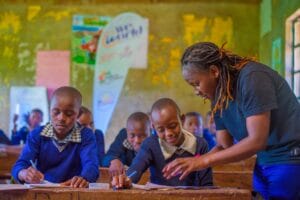
The context
More than 8 months of hostilities have cost the lives of at least 37,202 Palestinians in Gaza whereas more than 84,932 have been injured, according to the Ministry of Health (MoH – June 2024). 1.7 million people are estimated to be internally displaced, representing the 75% of the entire population of the strip, and more than 70,000 housing units have been destroyed. The humanitarian situation in the Gaza Strip remains critical with all population in dire need of humanitarian assistance since there is a lack of access to all basic services and the consequent risk of famine.
The humanitarian aid that can be provided to the population is “a drop in the ocean”, as the work of humanitarian agencies is severely hindered by the movement restrictions due to the ongoing fighting, the commercial traffic restrictions, the non-approval of vital humanitarian supplies to be imported into Gaza, the telecommunications cut offs, the lack of fuel and the absence of security.
In such a context, the challenge of accessing water results in compelling reliance on unsafe water sources. Unsanitary conditions, particularly in overcrowded internally displaced people (IDP) locations, present significant public health risks. The scarcity of basic personal and domestic hygiene elevates the risk of public health hazards. A notable concern is the outbreak of infectious diseases with WHO reports’ indicating an increase in cases of diarrhea, upper respiratory infections, and skin diseases. Women and young children are particularly exposed to high risks of waterborne diseases due to inadequate access to WASH services. Persons with disabilities and female-headed households are facing even more difficulties in accessing water. Essential lifesaving WASH services and WASH winterization actions are therefore imperative and urgent.
Our presence in Gaza
We have been present in the West Bank since 1992 and in Gaza since 1997 with a dual development and humanitarian mandate seeking new solutions to a long-standing crisis. In the past two decades, We have provided humanitarian assistance to Gaza, especially to the most vulnerable communities, in the fields of WASH, Protection, Economic Development, Health, and Education.
Our current intervention
In the last 8 months, we were able to respond with immediate life-saving interventions in Gaza, standing with the population in need, especially those displaced in different sites and hosting communities. The humanitarian intervention in which we are engaged aims to support access to safe WASH services, through the promotion of access to water, sufficient for domestic and drinking purposes. Moreover, the response is also promoting a safer environment fostering personal and domestic hygiene and sanitation solutions, as well as protecting people’s dignity. Overall, we have reached more than 500.000 people so far, by providing prompt relief support.
Specifically, the response consists of the following activities:
- Provision of drinking and domestic water by trucks, along with the distribution of various types of water storage tools, including jerrycans and water tanks of different capacities and bladders. Due the challenges posed by limited fuel and transportation options, many of the deliveries have been efficiently carried out by using carts pulled by donkeys or horses, showcasing the agility and resilience and resourcefulness of our national colleagues. So far, hawse have provided substantial quantities, amounting to over 1/6th of the total distributed water in Gaza by humanitarian organizations and institutions.
- Construction of latrines and small rehabilitation of sanitation facilities for IDPs, as a sustainable and resource-efficient sanitation solution, ensuring hygienic waste disposal without exacerbating the already critical water shortage. To enhance dignity and protection, each block is dedicated to a specific gender, encompassing privacy and safety through the delimitation, and fencing of the areas, while installing locks on each unit. Moreover, we are performing small rehabilitation to keep sanitation facilities operational in schools IDP shelters.
- Distribution of gender-sensitive hygiene and cleaning kits to the IDP centres, to enhance personal and community hygiene conditions and which included also items for menstrual hygiene management.
- Environmental cleaning and enhancing Outdoor Environmental Hygiene in IDP Communities through Effective Solid Waste Management, to reduce health and risks hazards and enhance dignity, protection, and disinfection of sanitation services and shared space at IDP sites.
- Provision of solar units and/or generators for water desalination plants
- Urgent on-spot repair of critical water facilities
- Health promotion and hygiene awareness campaign, which are context-sensitive, targeting all the major area where water and sanitation activities are undergoing. Our Cash-For-Work modality is promoted to engage skilled daily Hygiene Promotion mobilizers.
We continue to adapt its intervention to the changing needs and context and is part of the worldwide #Ceasefire campaign to ask for the immediate end of the hostilities in Gaza. The humanitarian situation in Gaza remains catastrophic and it is necessary to maintain high financial support for the Gaza crisis and its affected population.



